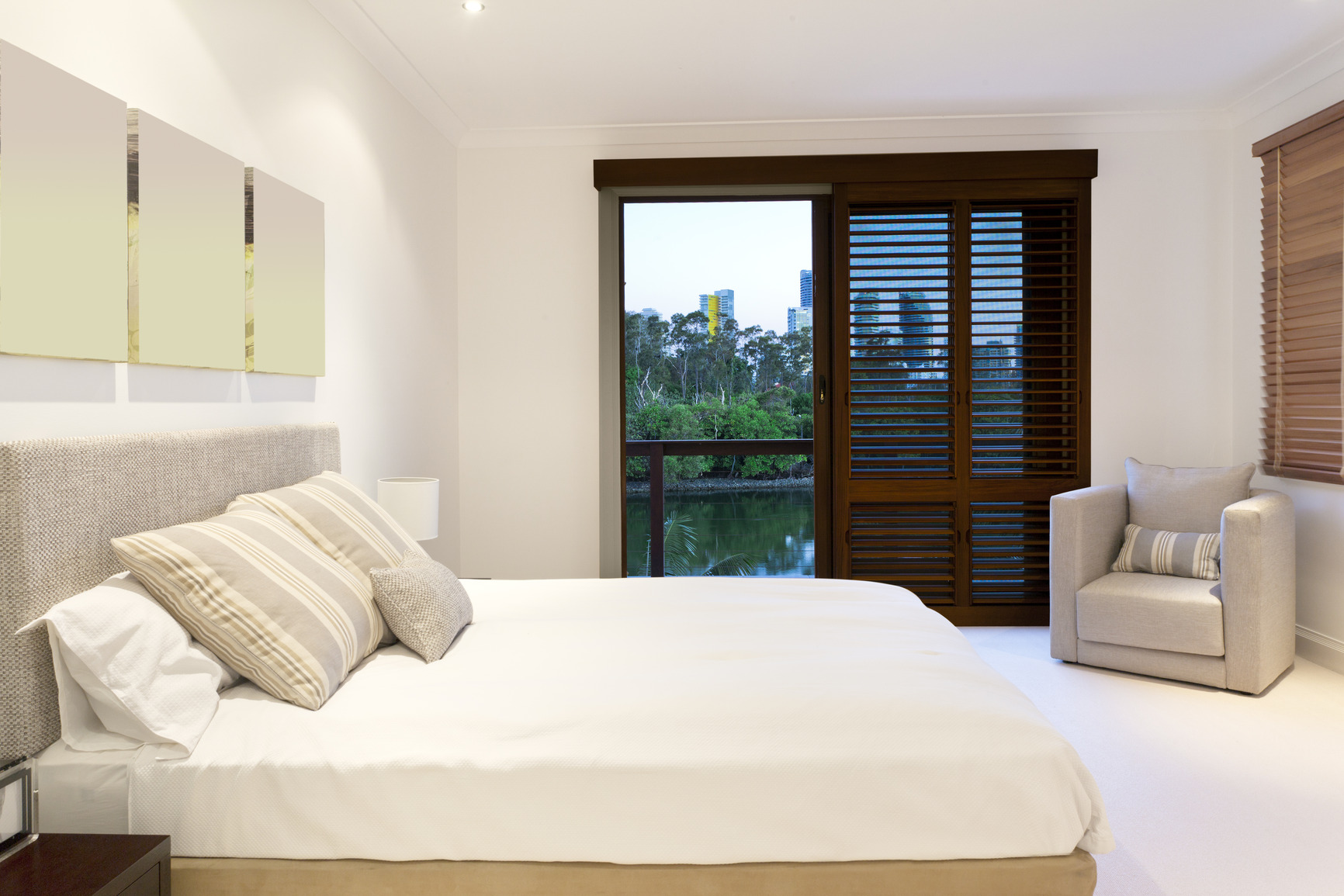Short-term rentals have been on the rise in recent years and for good reason. They offer a number of benefits over long-term rentals, particularly when it comes to security and revenue maximisation. In this article, we’ll take a closer look at why short-term rentals are safer, more secure, and a better option for property owners.
- Increased Flexibility: With short-term rentals, property owners have the ability to change guests more frequently, allowing them to better control their properties and maintain high levels of security. In addition, short-term rentals are more flexible in terms of occupancy, making it possible to adjust to changes in demand.
- Better Screening Processes: The screening process for short-term rentals is more thorough than that of long-term rentals. Guests are often required to provide more personal information, including a valid ID, which helps to ensure that they are who they say they are. This information can also be used to perform background checks and verify that guests are reliable and trustworthy.
- Higher Revenues: Short-term rentals offer higher revenue potential than long-term rentals, as they allow property owners to charge a premium for the convenience and flexibility they offer. With short-term rentals, property owners can take advantage of seasonal changes, local events, and other demand-driven fluctuations in the market.
- More Control Over the Property: Property owners have more control over their properties when they opt for short-term rentals, as they can regulate access, inspect the property between guests, and maintain a higher level of cleanliness. With long-term rentals, property owners are often limited in what they can do to maintain the property, as they are bound by the terms of the lease.
- Fewer Risks: Short-term rentals are generally considered to be safer and less risky than long-term rentals, as they often require guests to provide a security deposit, which helps to reduce the risk of damage to the property. In addition, property owners have the ability to terminate a rental agreement if the guest violates the terms of the agreement or if the property is damaged.
- Access to a Wider Range of Guests: With short-term rentals, property owners have access to a wider range of guests, including tourists, business travelers, and even local residents looking for a place to stay for a few days. This increases the potential for revenue and reduces the risk of long periods of vacancy.
- No Long-Term Commitments: With short-term rentals, property owners are not tied down to a long-term commitment, as they can adjust their rental strategies as the market changes. This allows them to respond quickly to changing demand, reducing the risk of vacancy and lost revenue.
Investing in an short term rental property can be a lucrative business, but it’s important to choose the right property to maximise your investment. Here are some key considerations to keep in mind:
- Location: Look for properties in popular tourist destinations or areas with high demand for short-term rentals. Consider factors like proximity to attractions, transportation, and amenities.
- Market Trends: Research local market trends to understand the demand for short-term rentals, occupancy rates, and pricing. Look for properties in areas with growing demand and increasing occupancy rates.
- Property Type: Choose a property type that is in high demand, such as apartments, studios, or vacation homes. Consider the size and layout of the property to ensure it can accommodate multiple guests.
- Cost vs. Potential Earnings: Consider the cost of the property compared to its potential earnings. Look for properties with a high potential for profitability and make sure to factor in the cost of renovations, marketing, and supplies.
- Regulations: Research local regulations to ensure the property complies with all laws and regulations for short-term rentals. Look for properties that are permitted for use as an Airbnb rental.
- Maintenance and Upkeep: Consider the cost of maintenance and upkeep, as well as the potential for property damage from guests. Make sure the property is in good condition and can be easily cleaned and maintained.
- Competition: Consider the competition in the area, including the number of similar properties and their occupancy rates. Look for properties that have an advantage over the competition in terms of location, amenities, or price.
In conclusion, short-term rentals offer numerous benefits over long-term rentals, including increased flexibility, better screening processes, higher revenues, more control over the property, fewer risks, access to a wider range of guests, and no long-term commitments. For these reasons, short-term rentals are a safer, more secure, and a better option for property owners looking to maximise their revenue and minimise their risks.
Start today, Do it right and Grow your wealth.


















